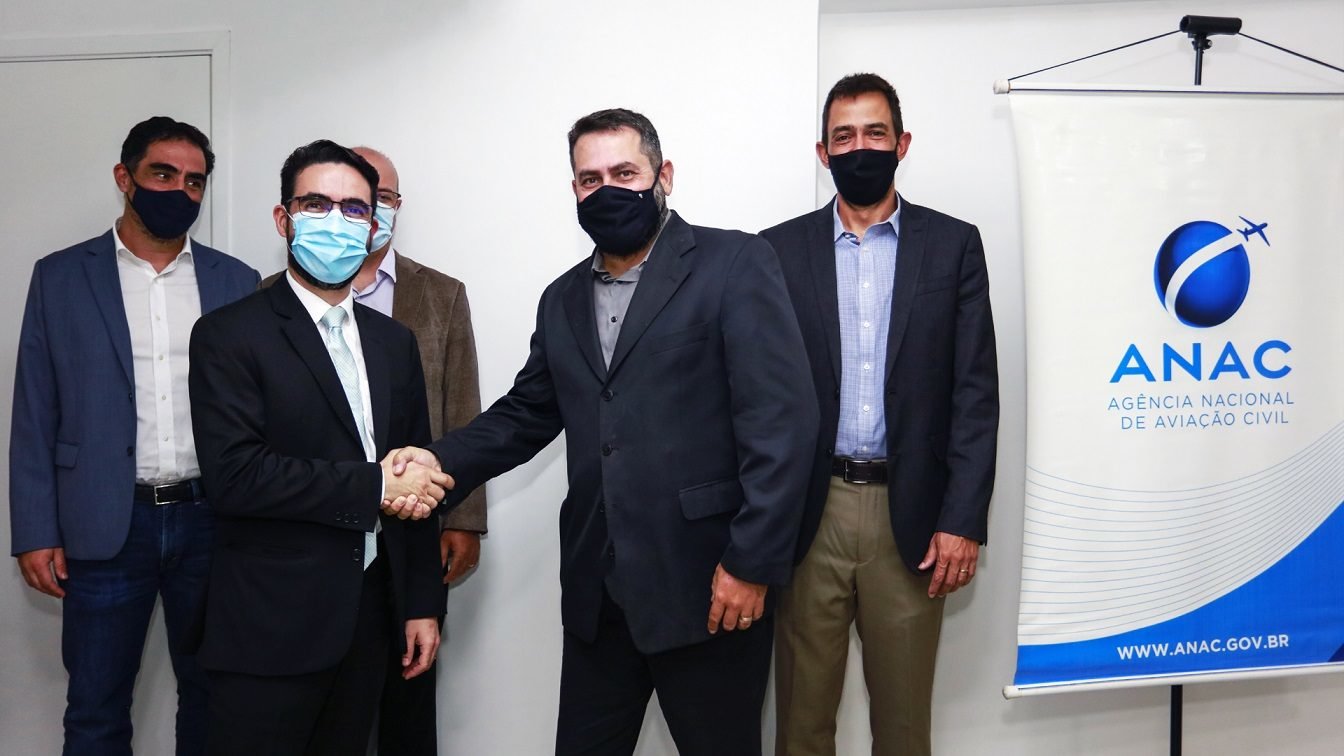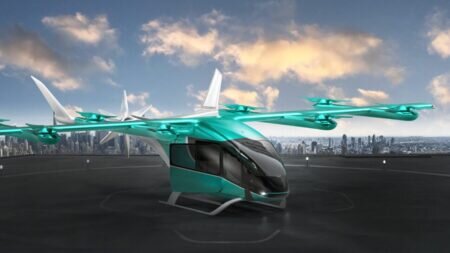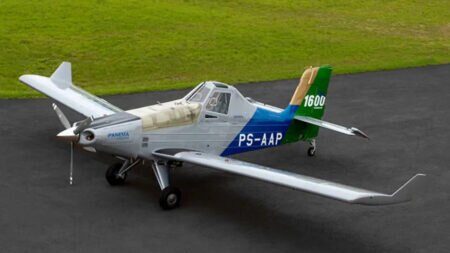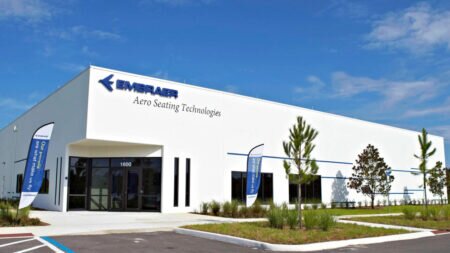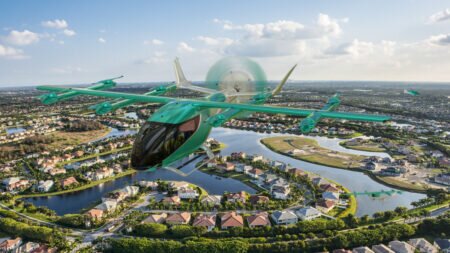Eve UAM, LLC, an Embraer company, today announced that it has formalized the process for obtaining a Type Certificate for its eVTOL (electric vertical take-off and landing) aircraft with the Civil Aviation Agency of Brazil (Agência Nacional de Aviação Civil – “ANAC”). In doing so, Eve has reaffirmed its commitment to ANAC to demonstrate compliance with international technical standards and mandatory airworthiness requirements for eVTOL Type Certification.
As formally agreed with ANAC, the eVTOL certification process will follow the process of obtaining a “normal category” aircraft Type Certificate, considering the requirements established by the Brazilian Civil Aviation Regulation (RBAC) no. 23, among other additional requirements. With ANAC’s support, Eve will continue engaging with other leading aviation authorities to formalize the Type Certificate validation process around the world.
“It is an important moment that demonstrates the company’s commitment to exploring the future of urban air mobility. The process aims to achieve the best safety standards to allow eVTOL access to the global market. From the regulation perspective, there is much work to be done concerning aircraft technology and the definition of the entire ecosystem. Brazil has the conditions and engagement to deal with this challenge,” said Roberto Honorato, ANAC’s Airworthiness Superintendent.
“The formalization of the eVTOL certification process is an important step towards the continuity of the discussions that have been held between Eve and ANAC for the vehicle certification for urban mobility. In addition to demonstrating Eve’s commitment to the development of the project, it allows the institutions to evolve in the definition of the requirements and means of compliance applicable to certification,” explained Luiz Felipe R. Valentini, Chief Technology Officer of Eve.
Eve is currently developing a fully electric vertical take-off and landing vehicle that uses disruptive technologies to democratize passenger access to a new urban air transport model. The aircraft, designed with a focus on users, will provide a safe and comfortable method of transportation with low-noise and zero-carbon emissions. It reinforces the company’s commitment to the future of sustainable urban air mobility.

